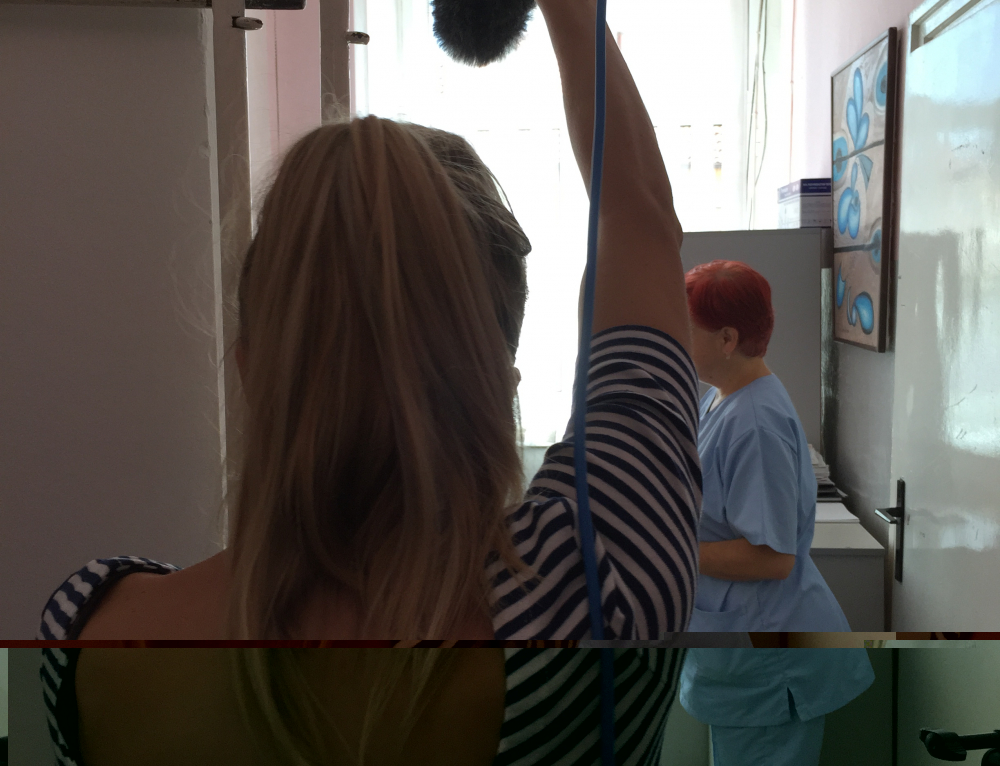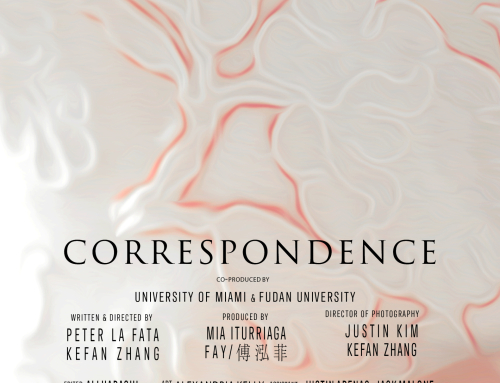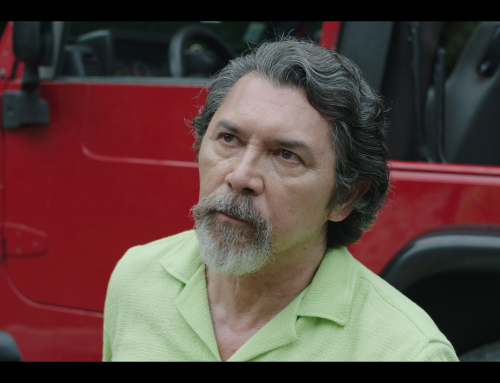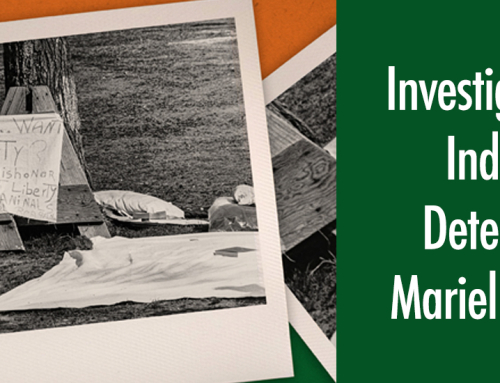Project Description
Interactions between Health Care Professionals (HCP) and the Roma in Macedonia are unhealthy, with each side blaming the other for the situation. Many HCP consider the Roma dirty, lazy, and lacking a prevention-based healthcare culture, their behavior rude, loud, and demanding, their presence odorous, and their tendency to come to the facilities in groups unethical. The Roma in turn believe that HCP use abusive and arrogant speech, engage in difficult to understand medical-speak, are corrupt treating better those who can/will bribe them even if these patients lack requisite health care documents, and take no cognition of the structural conditions of Roma life, rooted in centuries of marginalization, and leaving the Roma with little access to clean water, hygienic neighborhoods, quality schools, and employment opportunities. Interestingly, while the Roma acknowledge the need to change their attitudes and behaviors, HCP rarely do so.
The above observations are derived both from secondary research and from findings of primary formative research, using in-depth interviews and focus group discussions with HCP, and one FGD with the Roma, conducted by Ramaprasad and (doctoral student) Zhou in Macedonia in 2014, under funding from Open Society Foundations (OSF). The research findings informed a communication intervention (a video) to foster more efficacious HCP-Roma interactions.
The communication intervention is a video, that deals with two issues: 1) HCP views of the administrative problems they face and therefore the need for patients to respect appointment schedules, and 2) Roma beliefs about the importance of family support during visits to the HCP. The structural problems the Roma or, for that matter, the HCP face (e.g., complicated regulations) require long-term, systemic solutions; but some problems may be addressed in short-term stages with specific communities. The video is an attempt to do the latter.
The video has undergone a pilot evaluation, and was edited to take into account the feedback from that evaluation. It is currently undergoing a final evaluation, and if found effective will be distributed to NGOs in Macedonia to use as an educational tool in dialogic educational settings with health care providers and the Roma to create understanding and dialogue and thus improved HCP-Roma interactions. Effectiveness is measured in terms of message transmission and understanding, changing knowledge and short-term attitude, and creating understanding and intent to dialogue. The funding for the project came from the Center for Communication, Culture and Change in the School of Communication, University of Miami, and from OSF.






